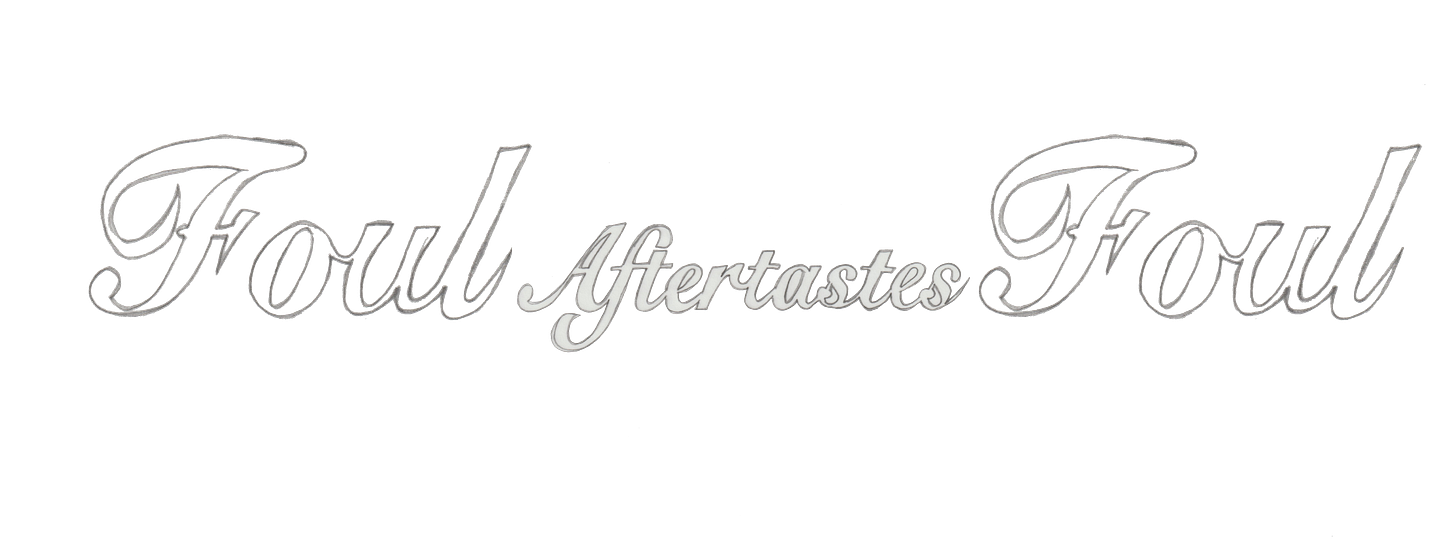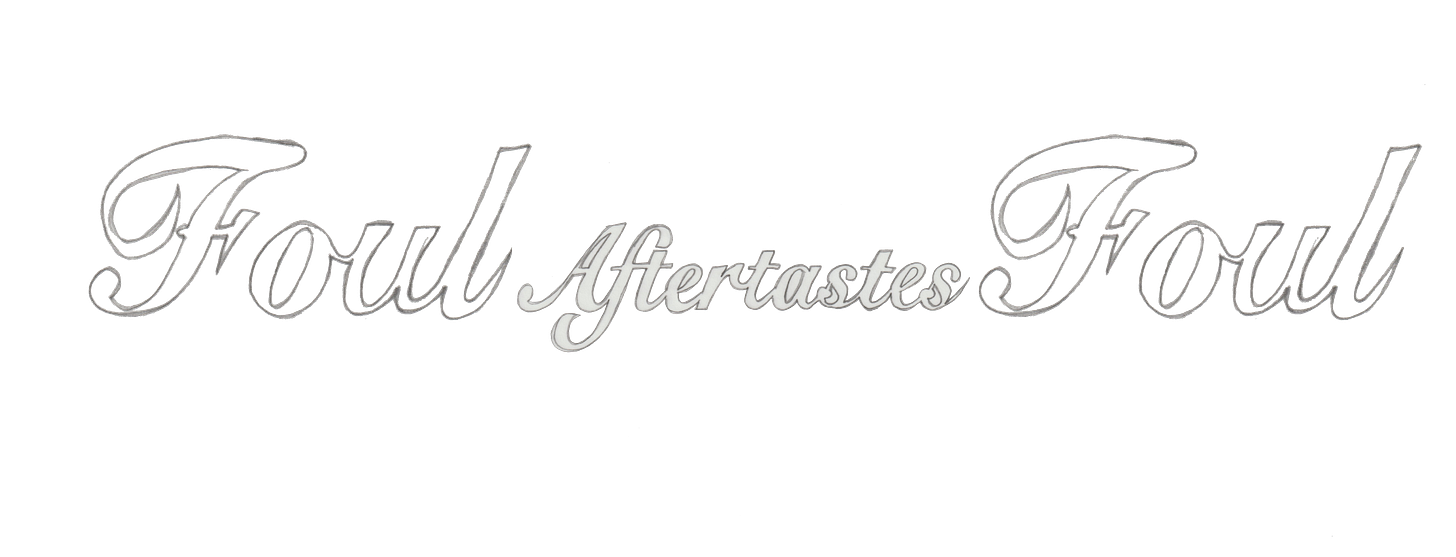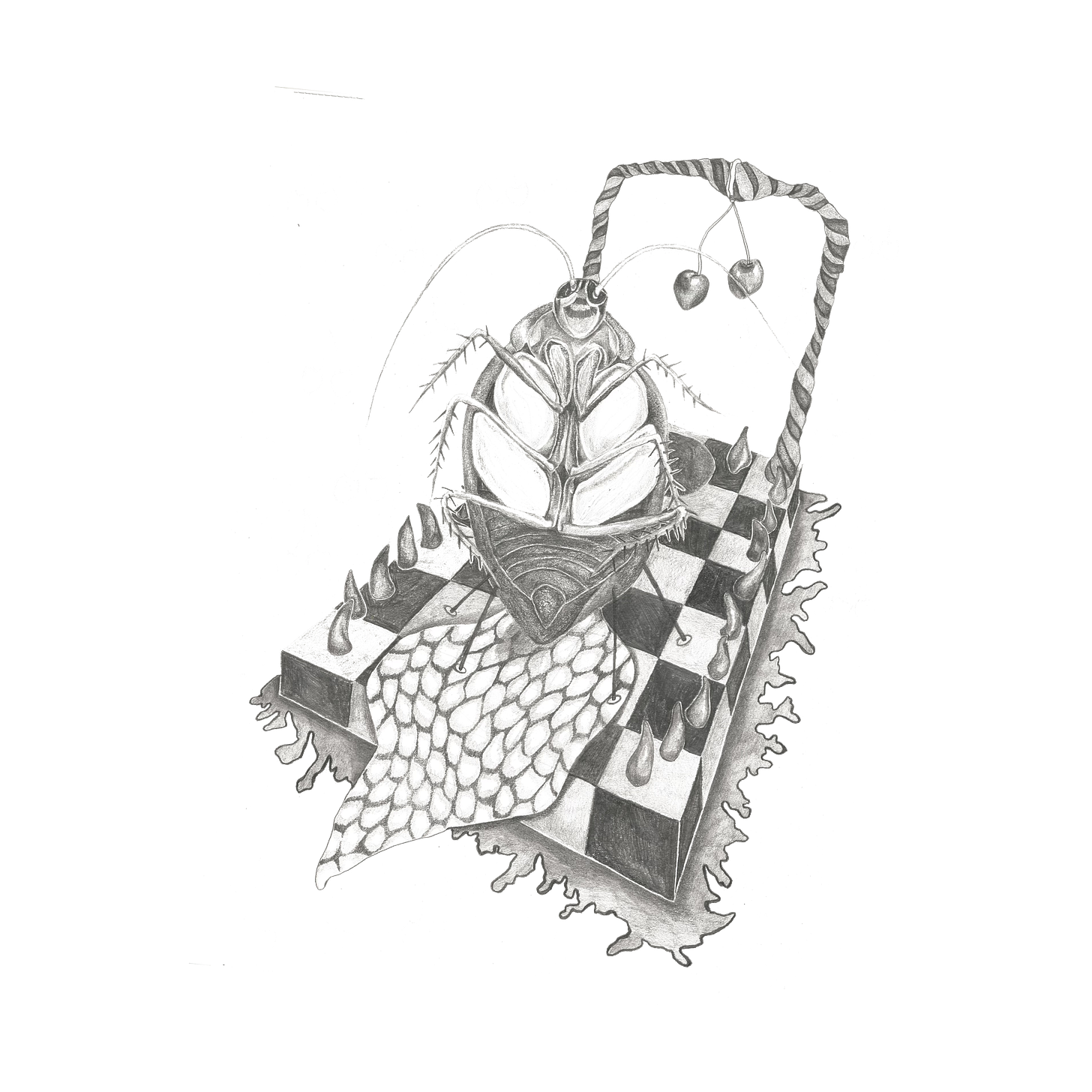The movement of my own mouth: on the pleasures and pains of publishing
For anyone who has ever thought of putting out their own words...

Dear Reader,
How was your summer? I stewed in the juices of a changeable summer, walking along the river to work and wanting to say things, to speak to you, but then the hours of the day slipped ahead of me, and I chased time, falling behind, stumbling. By then, the tide was out, and I watched the tourists on a thin slice of Thames beach, their extravagant commitment to the performance of their holiday impressing me. They looked like extras in an ad campaign for a demonic company offering urban city breaks.
Like that paragraph, my season was digressive. Mainly long and dull, and then exciting and piecemeal. Aside from my effortful labouring at my day job, I have been working in every spare minute on a long-form project, which I am calling my Big Little project, and it has made me question everything about what I can or want to say. I have never had a complete draft of so many words and I look at the words I wrote, and I wonder if it is saying what I really mean. The nearness of the said is a great cover for the intended. Throughout the process of re-reading and re-writing, it is clear that mucking around with words is not the same as the communication of something consequential.
A few years ago, a harsh older man told me that my words were vague and meaningless in response to something I had said. I think he was trying to get me to speak the truth, and in his eyes, I wasn’t cooperating. For a long time, I thought that the part of this comment that made it true was its frankness, but I see now was the truth was that he was telling me – quite intimately – about his internal experience of my words. I didn’t like hearing it, but I had to admit I saw what he was saying. The desire to speak is different from the desire to be understood. For me, it is far harder to write a simple sentence that seeks understanding than to move around a heap of words that have the empty appeal of glitter. I enjoy the movement of my own mouth, the way I think it can make me shimmer, but like any pertinent criticism, the words of that man have shaped my sense of myself. I return to his notion, this issue of, and difficulty with, cooperation. Why is it so hard to imagine speaking and being understood? Why would I not want that above all else?
The extent to which this might be interesting for anyone is mainly to those who have contemplated publishing their written work. So little is said from people without fame or success about the realities of putting words into the ether, because these same people are often too busy trying to convince people to read what they have said rather than communicating how it felt to them once spoken.
This means that accounts of publishing are skewed to the reports of the famous. Famous authors love to make trite complaints about the pains of exposure – it is as delicious as any other exercise in false humility. Without drawing too strong an analogy, it reminds me of a scenario in which I watched a woman who claimed to be shy make a performance so huge and extreme of her ‘shyness’, aggravating it with such aplomb, that by the time she returned to her seat at the performance’s ending, it felt like her shyness was a forcefield filling the room. The trouble with the famous is that their ambivalence speaks so little of the pleasure that is involved in filling the room with one’s pain.
In art school, I had a compulsion to make work that was humiliating. I remember for my first ever ‘piece’, I stood behind this a video where I recorded a vexed and shouting monologue over images of found pornography. I spliced the pornography with images of underwater footage, as though splicing fish with graphic body parts made everything less extreme. My understanding of this work at the time derived from a comment that a famous artist had made, ‘You need to make work that embarrasses you,’ and like all good dictums, as a natural zealot, I took that to the extreme. I screened the film onto the white wall, and as though I couldn’t resist the impulse to aggravating my own self-created punishment, I stood in front of this purposefully crass and aggressive work while my own out-of-control voice boomed from two speakers.
Looking back on this now, it amazes me that I did this. It was brave. It was brazen. It was bizarre. It was not good art, though I have a deep fondness for the desire that was the force that propelled that work. I wanted to make something more than I doubted my skill in making it. I was willing to fail in being understood, just to get to have the opportunity to speak.
But, having lost some of that raw energy of ignorance, and gained a greater sense of proportion, I have become much more sensitive to the effects and aftereffects of what it means to publish work. The pleasure of humiliation and its pursuit was in my ability to hold the gaze of another and almost defy them in my shame. But the pain was not clarified by honesty. What I really wanted to say in that piece was hidden behind the subterfuge of 30 seconds of myself literally screaming in a sound booth. I didn’t have the courage or means to look at the issue at hand, so I contorted it into a wacky abstraction of manta rays and montaged frames of graphic sex.
In May, shot through with a rebellion that always comes to me while working a full-time job, where I buck against the constraint and resist the dishonesties of corporate life, I felt like I had a lot to say. I was full of the energy. When I would escape on my lunchbreak, I felt thrilled by the knowledge that elsewhere – here – I did have a voice and could speak frankly. There was none of the empty phrasing that fills the office, all the politicised jargon of false words and false familiarity and false feeling and false care. And I spoke on here quite a bit, but then after each time I published a text, there would be 3-5 days where it felt like I collapsed into myself. My mind would be engineered to aggressive self-accusation. The gap between the desire to speak and what I had said plagued me; the gap seeming to expand exponentially from the moment of posting. The island of intended meaning was somewhere in the distance, far away from my drowning earth of the said. What this feeling became was the desperate checking of the platform’s interface as though I were a heart patient who had been instructed by their doctor to keep on checking their pulse. It felt necessary in the same way that any addictive behaviour does, because it taps into a falsely engineered sense of the existential. I had to keep something alive, this fragile ego which believed that to speak was to speak once, perfectly.
In my pursuit to say what I mean – to discover that so-far unsaid thing – in my Big Little project, what I have come to try to focus on in this period of struggling to work out the point of publishing, is that to speak is not a singular event. I don’t say all the words I will ever say in my life in a single sentence, so to expect that of any text is ludicrous. It is silly in the way that any unreasonable desire is silly, because it is a fantasy built on the hope that it never will be fulfilled.
Recently I have been listening to a lot of Why Theory, a podcast about psychoanalysis and critical theory. I don’t know if it is appealing to anyone who hasn’t already got some vested interest in these two topics, but Todd McGowan and Ryan Engley have that rare quality of any good radio show: chemistry. I love the way they joke with each other, bringing up extra-diegetic moments from their actual interactions, or one of them will go on a rant, so obviously exercising the grace of friendship, when one person dominates just a little, because today that person really needs to speak. It has all the unfairness and personality of an actual relationship so when they get chatting about Lacan’s ‘extimité’ or whatever, you feel like they won’t bullshit you with the synthetic interchange of academic fairness.
In their episode on ‘Graduate School’, when talking about the challenges of publishing as a student, of speaking too soon and the inverse concern of saying too little to be able to get a job, McGowan admits to buying all the copies of his first book. When I heard this an image came to mind of a man scouring book shops and shelves for the shed pages that were so off-putting to him, they turned his stomach. Although one might have been dismayed, I heard this and felt encouraged. It was not that I get to redact the words I write which I don’t like, or that if it were possible, that needs to be that case, but that the desire speak is also the desire to con-verse, which means that there is that other factor of a call and response. The reality of another.
I don’t have any answers on the pains or humiliations of putting out one’s own words. I am yet to reconcile this urge that I must share what I write with the after-feeling of excoriation. Those three days after hitting post, I am sure that my mind is in full flight from reality, and my body is in a state of horrified nerves.
But there must be better relations and better set of metaphors that join the act of writing with the act of publishing. Intuitively, I am inclined to believe that the gap between what one says and what one imagines one could say never disappears, even for the most articulate. The slips and lapses are constant. The error of the unsaid. The frequent erring towards repetition. The false starts and the flat endings. The complete abandonment of sense.
Aside from my gorging on Why Theory, I have also been listening to a lot of biographies of artists. Eve Babitz, Flannery O’Connor, Zora Neale Hurston and Langston Hughes, Helen Frankenthaler, Francoise Gilot and Picasso, Philip Glass.
Obviously, by reading about the lives of artists – from the sublime to the dubious – I am trying to nourish something. I think that I am in a phase of my life where I am reckoning with the material and spiritual cost that comes from the choice to make art.
For the first time, I can see some of what I have given up choosing to continue with this strange gambit of being an artist. I have compromised many wishes and needs to be able to speak, and I have done so without the promise of reward. This is not nobility but instead an unjustifiable, mysterious choice. And yet, despite unfulfilled dreams, dull day jobs, long hours of yearning to do something else in parched light; the missed social occasions and the lost potential friends; the sense of never quite fitting into the artistic life I see other people live, nor any other kind of socially acculturated narrative; I find that I still want to keep on messing with - and messing up - words. I still want to speak. I still want to say something. I still want to do that thing that that mean man said to me, communicate cooperatively. I do want to be understood. Even when I am typing one of those emails that I must send to participate in this labour of office-bound pretence, I want to say those words so that I can say others, the ones that are truer and more honest. I don’t know why I want them, but I do. They could be awful, and I would have worked so hard for sentiments and strings of sentences that are lifeless or deranged or ugly or pathetic. But whatever they are will be words that were discovered; words that bridge the gap between the said and the yet to be said; words which bring the roundness of potential to the mouth, the fizz of sense to the tongue, and the intoxicating anticipation that comes with meaning and meaning which is understood.
I want to say it, so I say and say and say in my Big Little project and here, even if it feels like excoriation, which is just a way of telling you in abstract terms that publishing is also a bit like volunteering to have no skin. It is neither delicate nor gentle to be a surface of nerves.
I don’t know if this will help anyone to not spiral when they dare to publish, or even to try to be understood in their actual lives. Sentiment is easy, and I’m going to reverse all impulse of ending up somewhere comforting. Instead, I’m just going to end with the question I keep on asking myself as I plod through this Big Little project of a text where each day, in between eight hours of doing the banal tasks of others, I let slip a couple of words: why are you doing this?
It is not enough. It is never enough. That gap continues, and in that gap, there is only the grace that can come from the reader…
Anyway, thank God for full stops.









I gobble up everything you write. Always a treat to read your smoothings of thoughts and recollections.